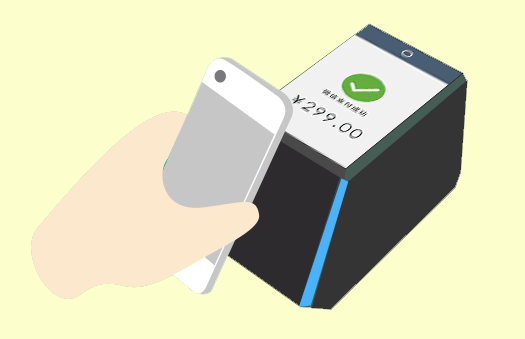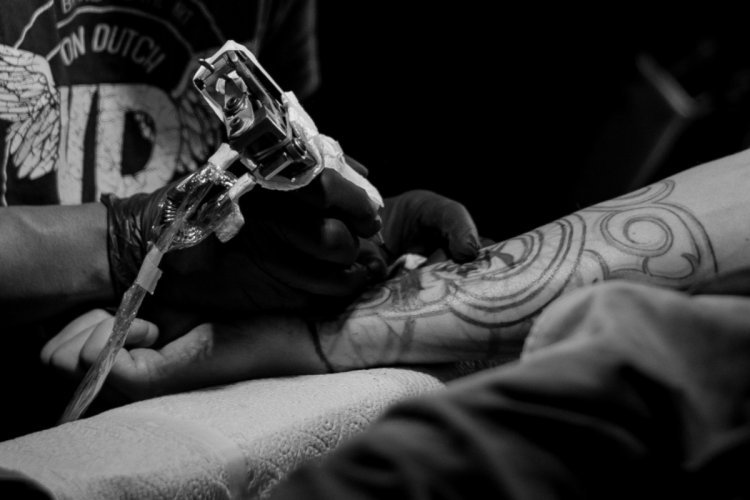"... a trend that's coming down the pipeline at breakneck speed." (unquote)
That's the second story today with this line. TBJ's writing starts to remind me of "Peanuts" and Snoopy's ever and anon reiterated "It was a dark and stormy night..." As in, "On a dark and stormy night a swarm of Qi-sucking cliches descended on Xiao Wang's filthy street cart, denuding its owner of life. As the fluttering furies departed, a curious crowd gathered around the erstwhile kebab vendor. Soul he had not, sense he had none, no movement no heat no goodly hue..."
Reminded me of Vincent Price, who recited some lines in Michael Jackson's Thriller..
Actually the closing there was plagiarized from "Odin's Runesong."
Nice to know!








